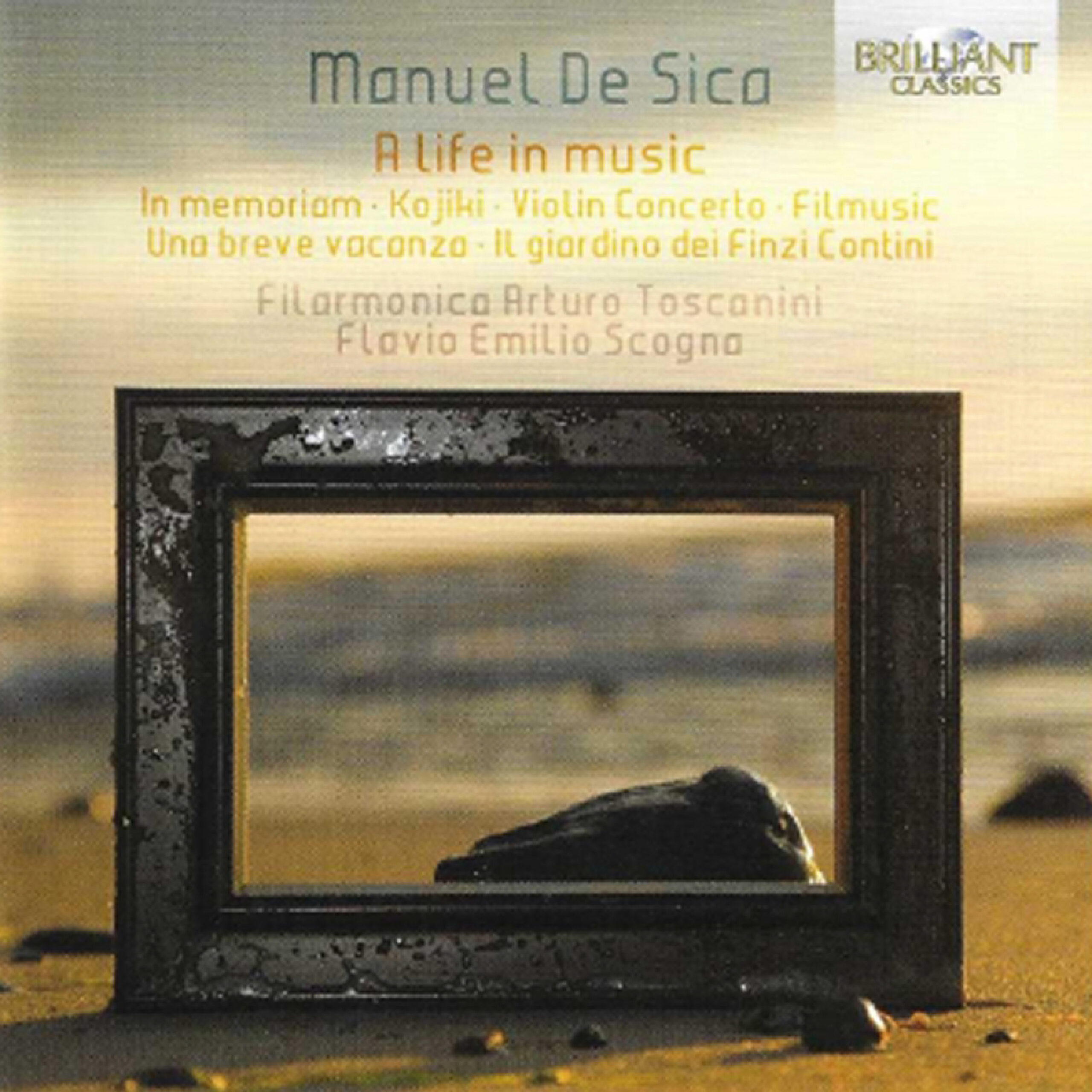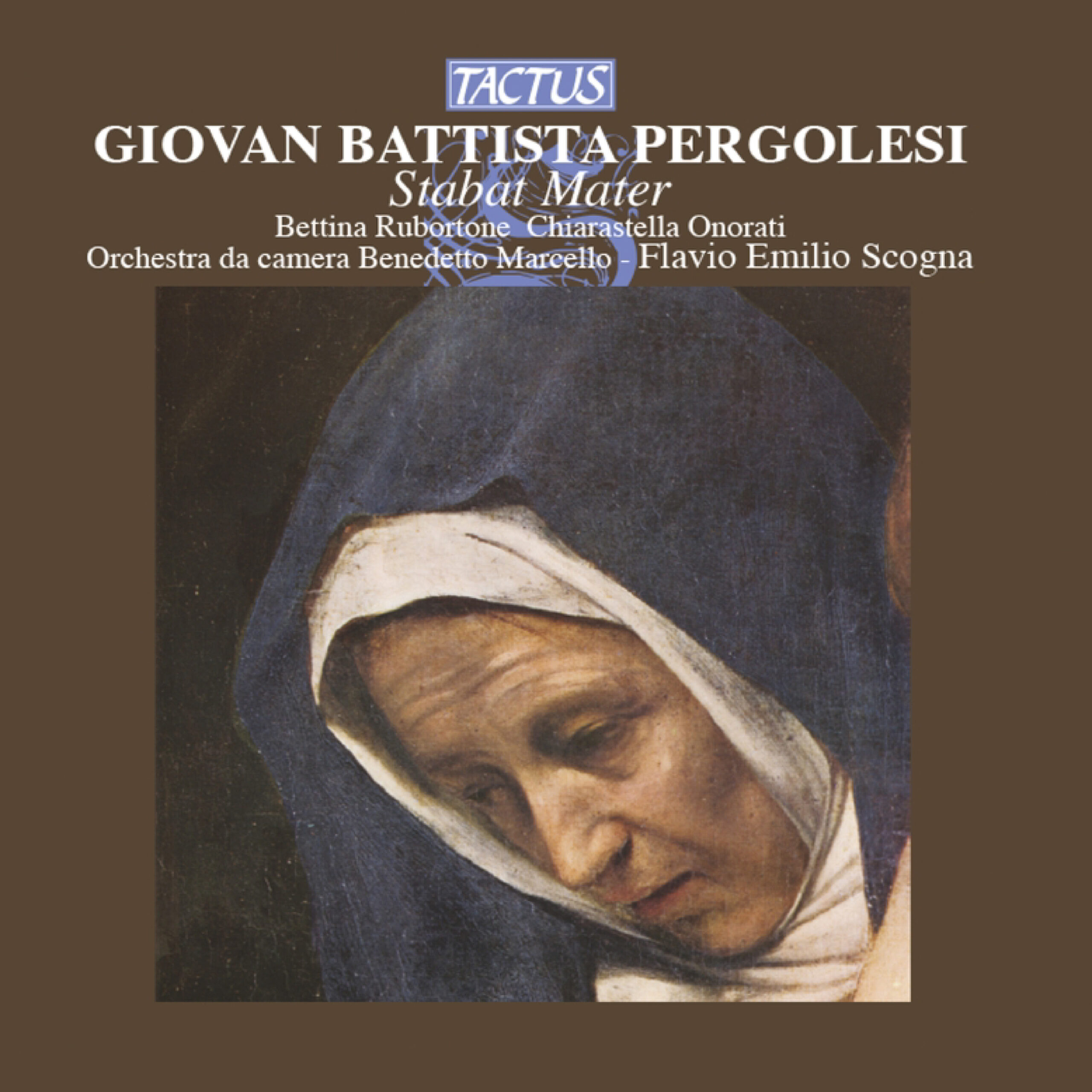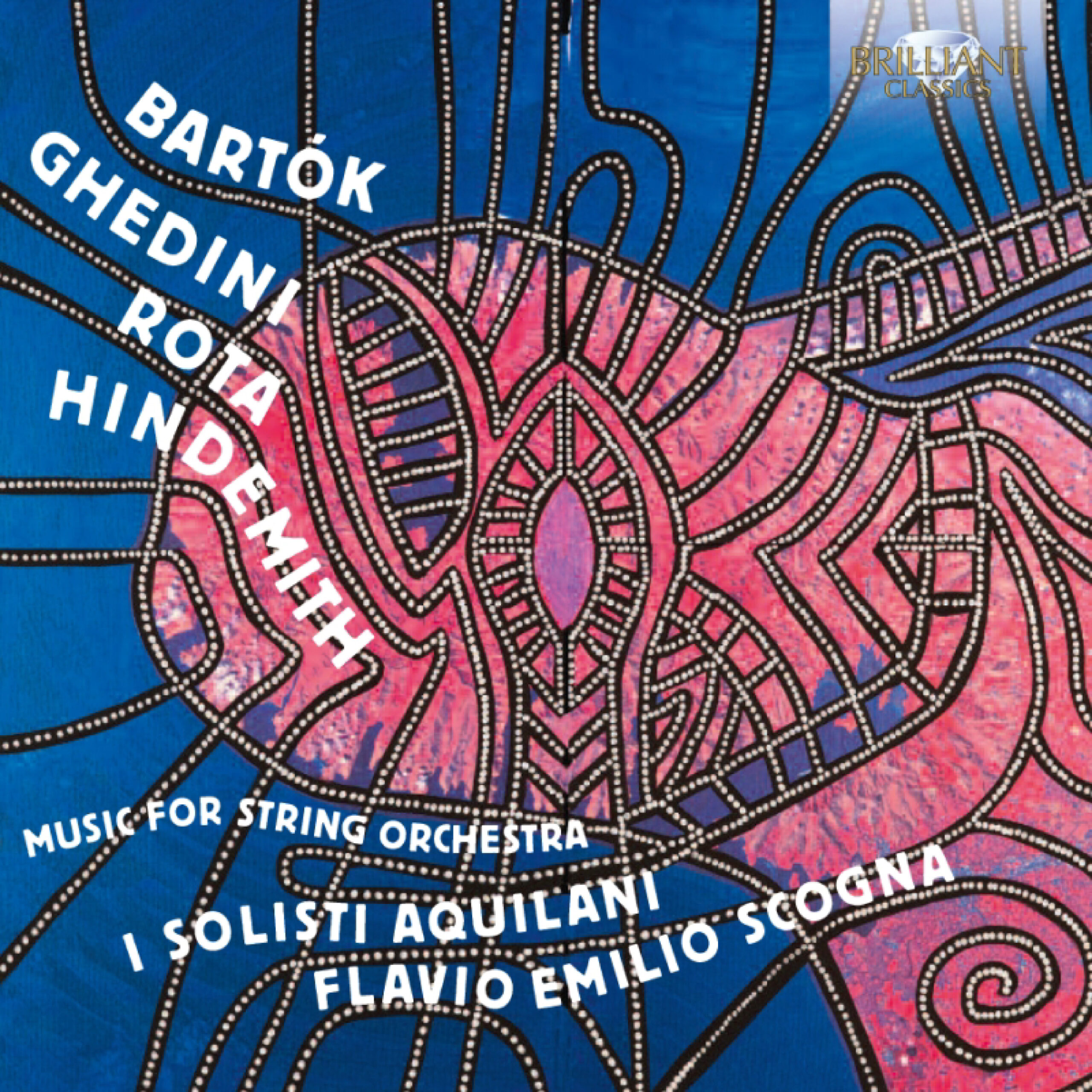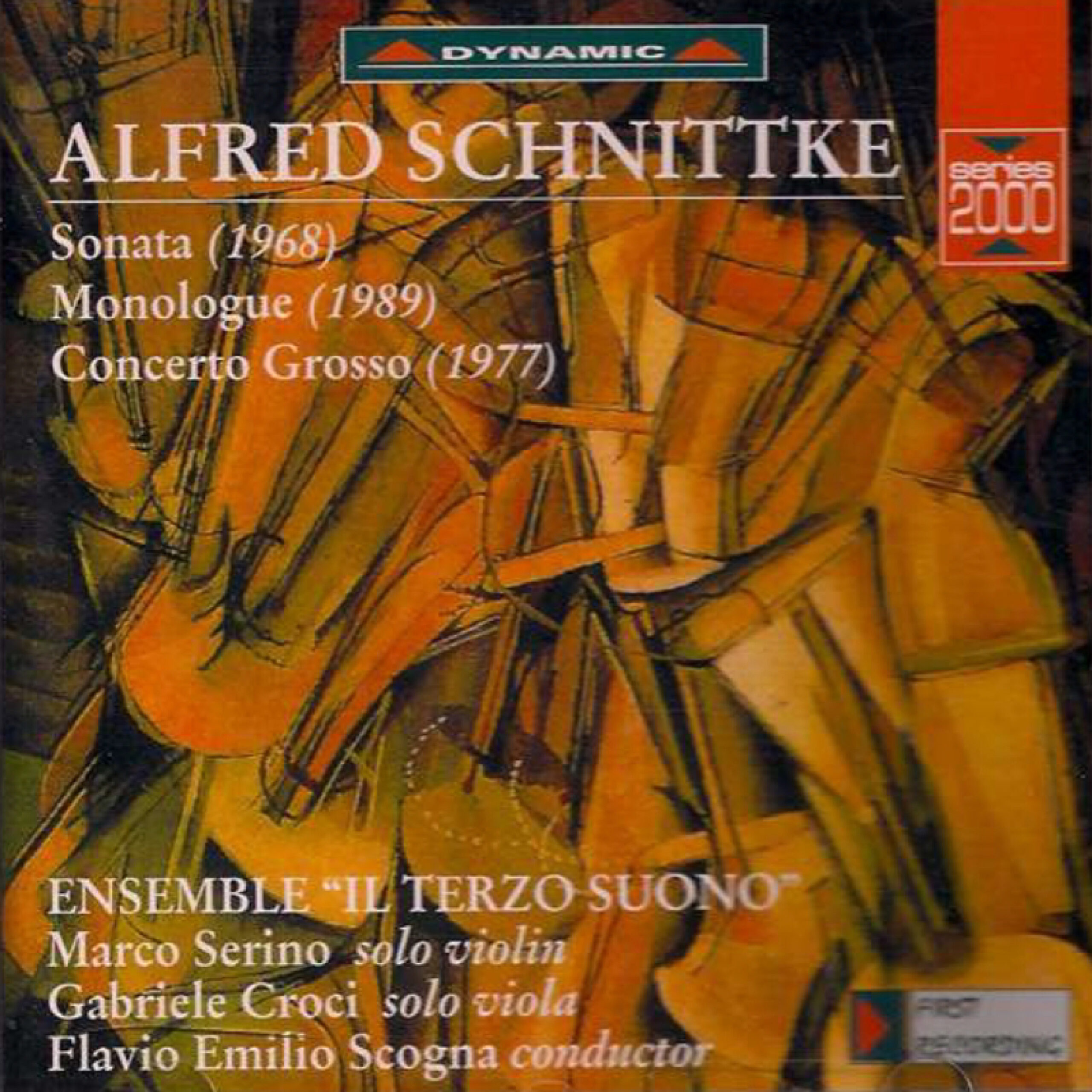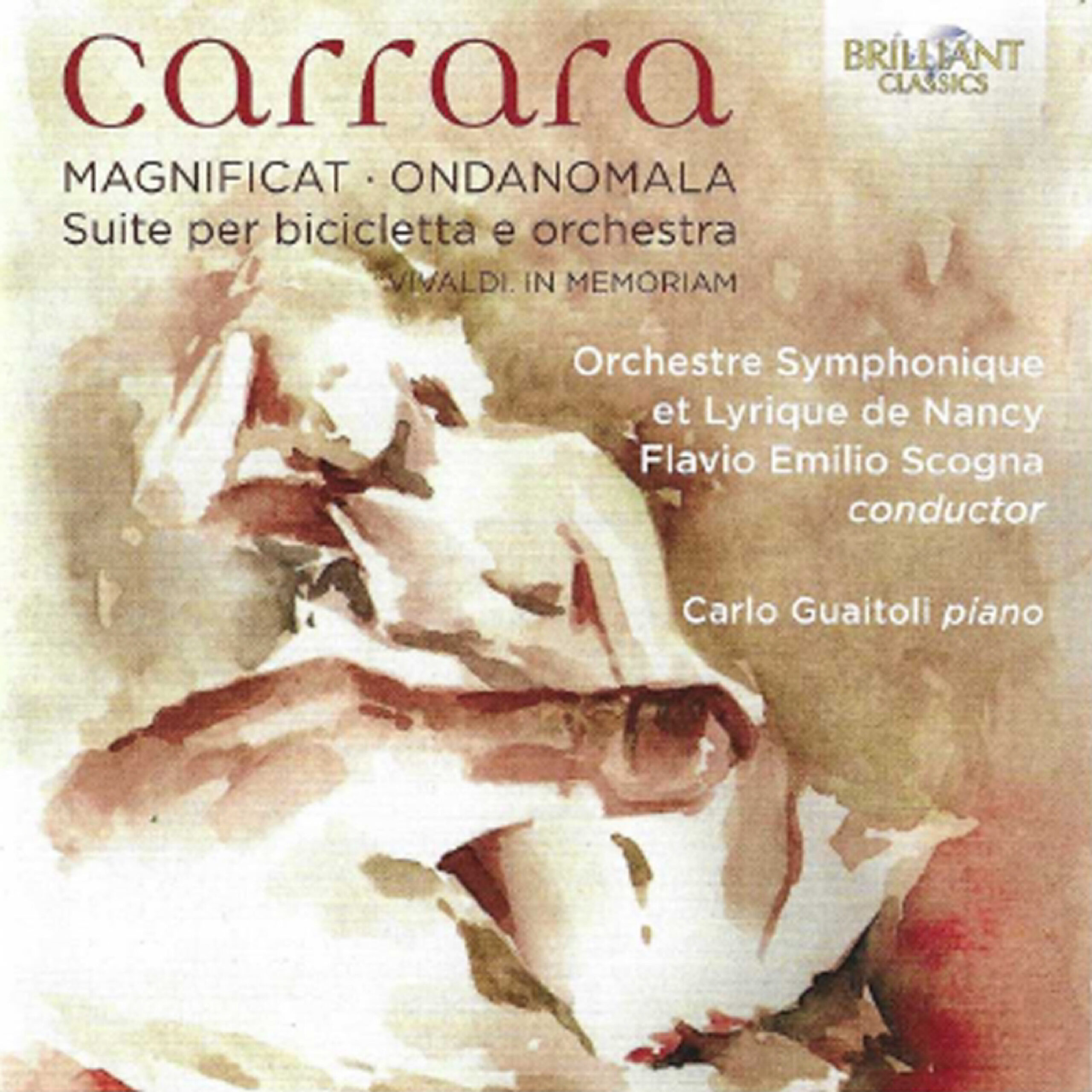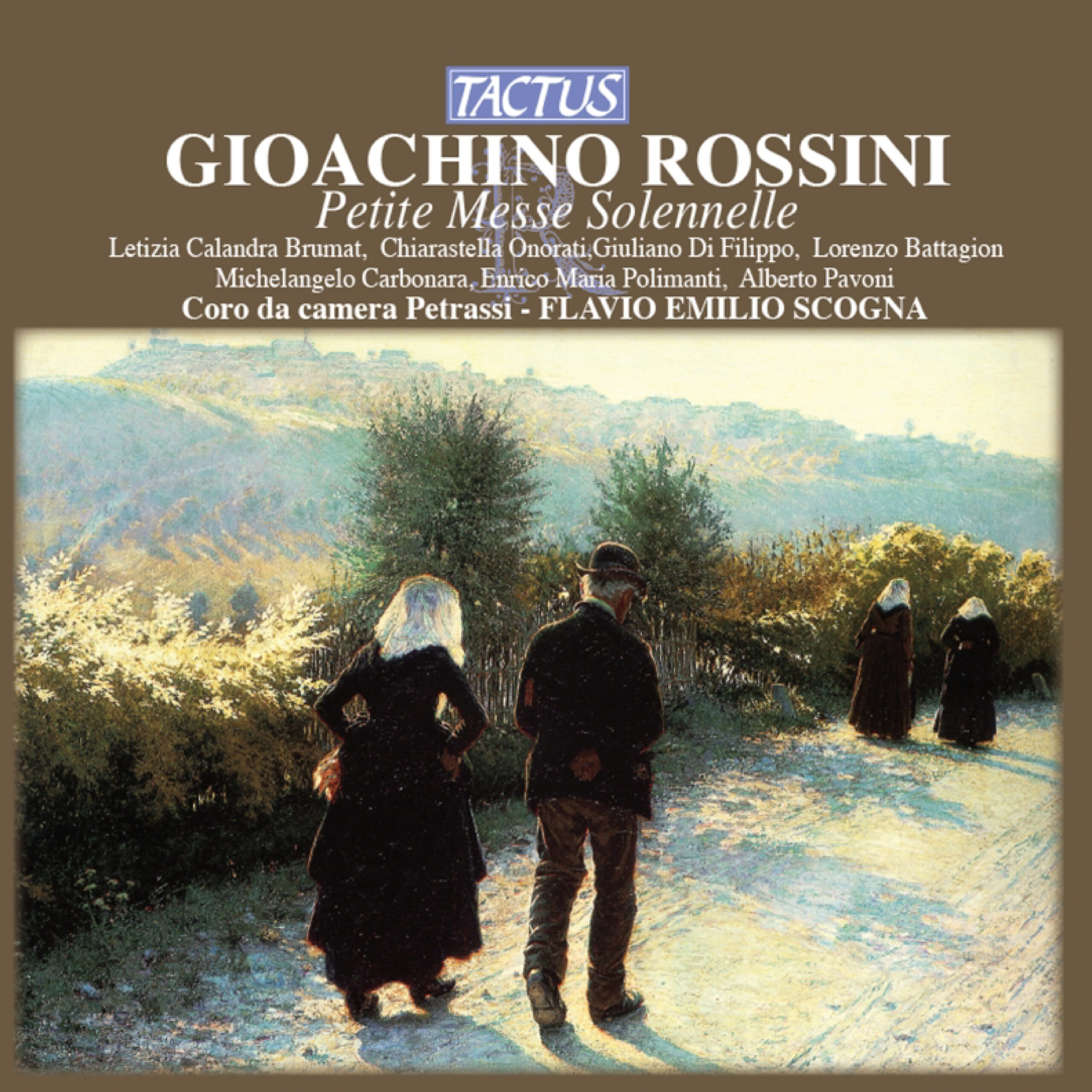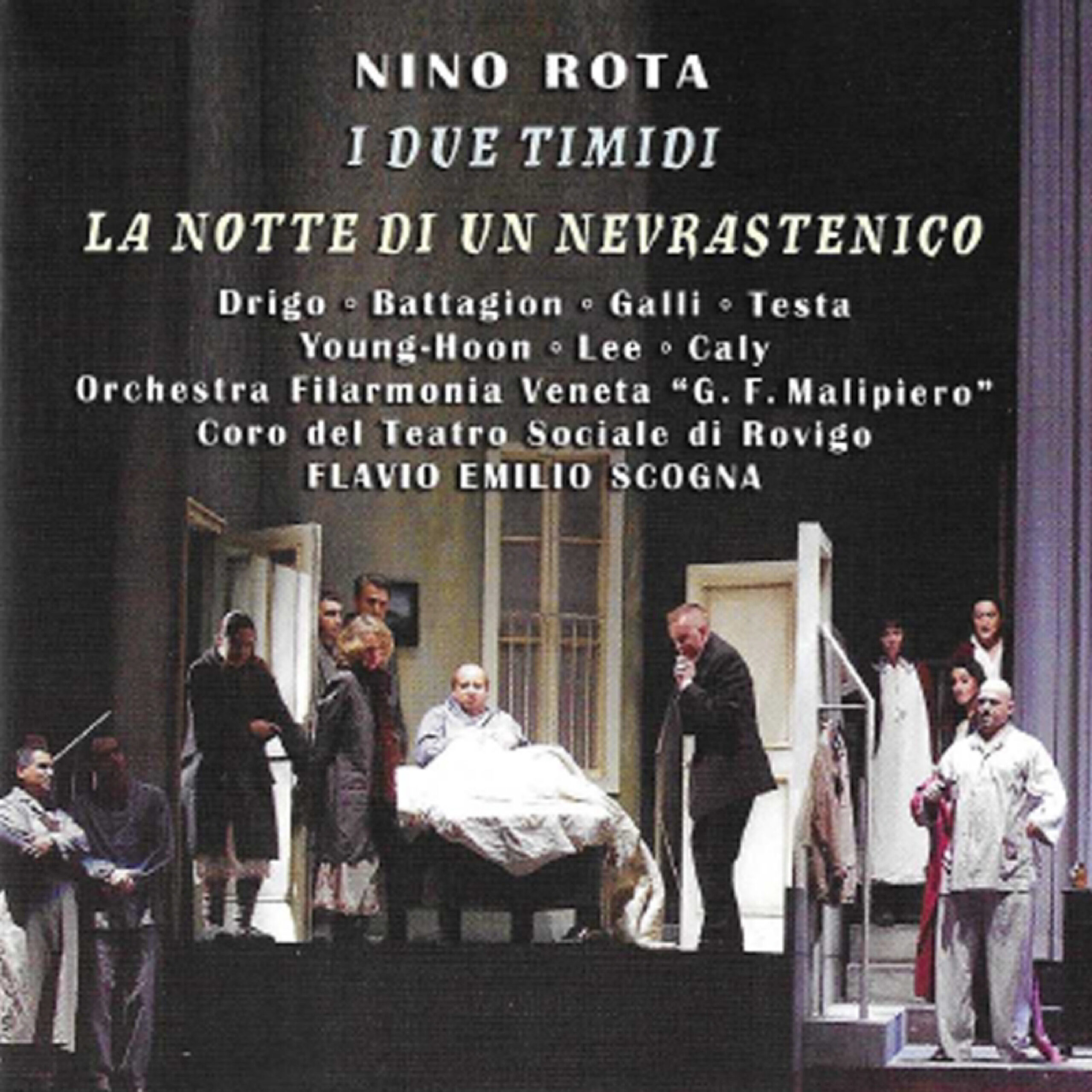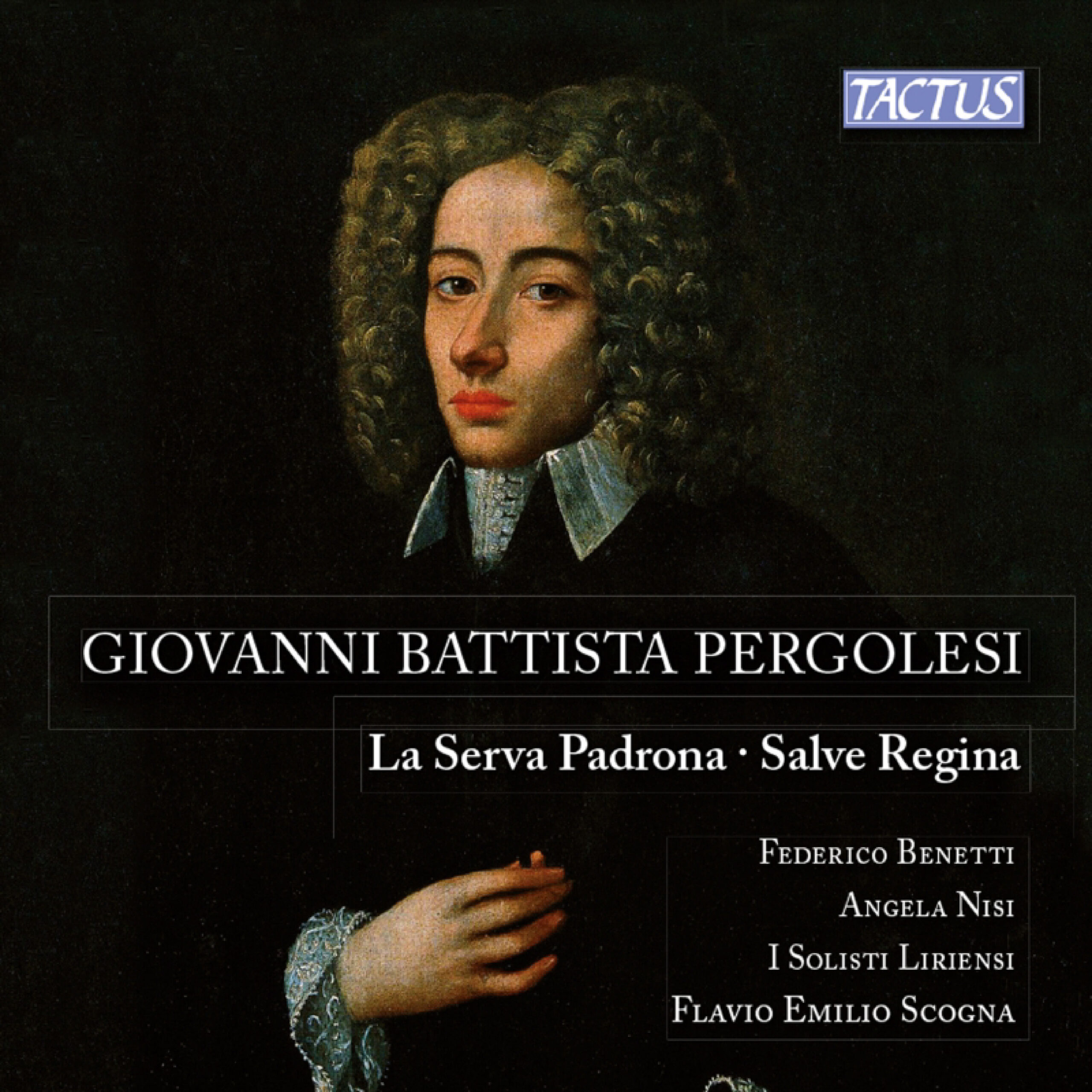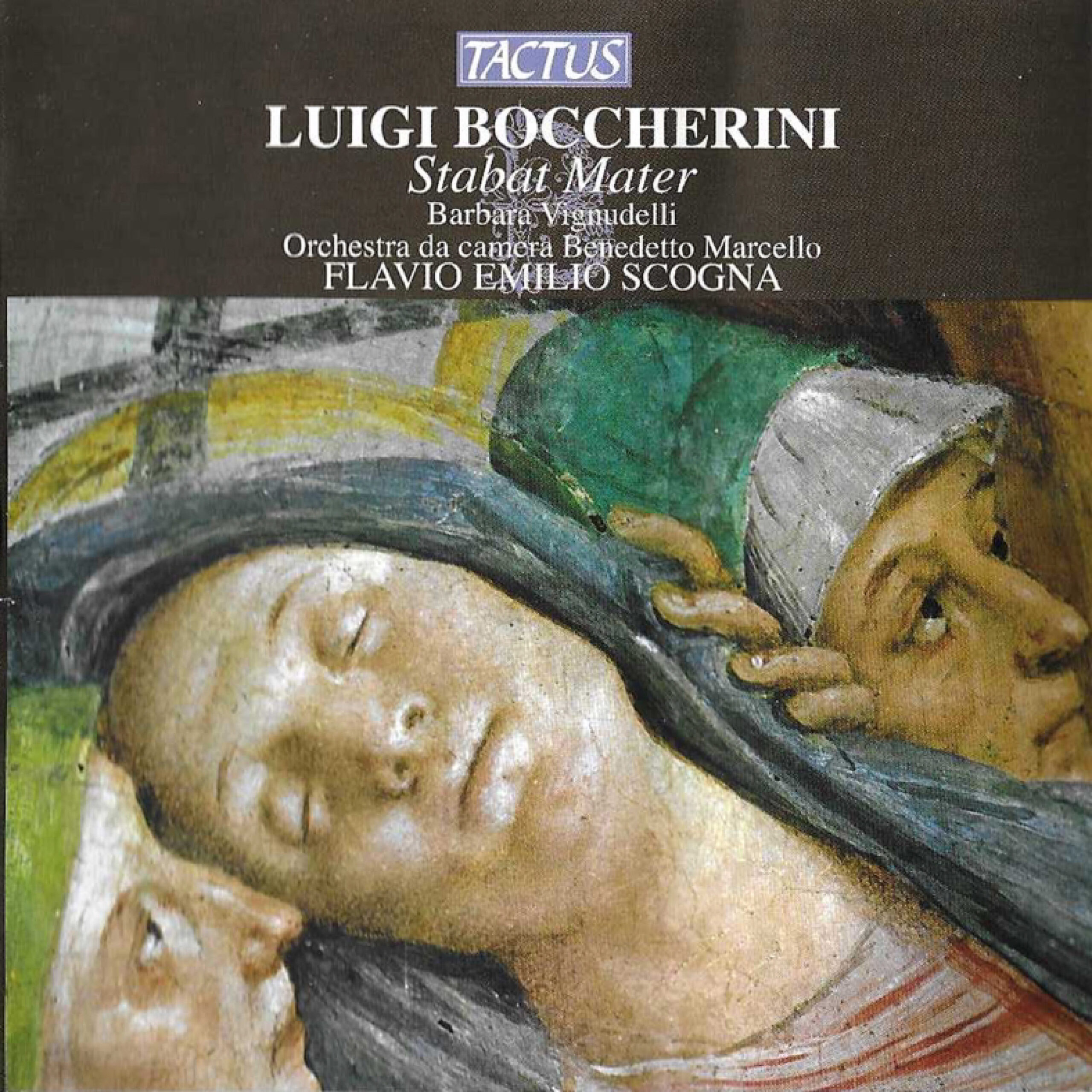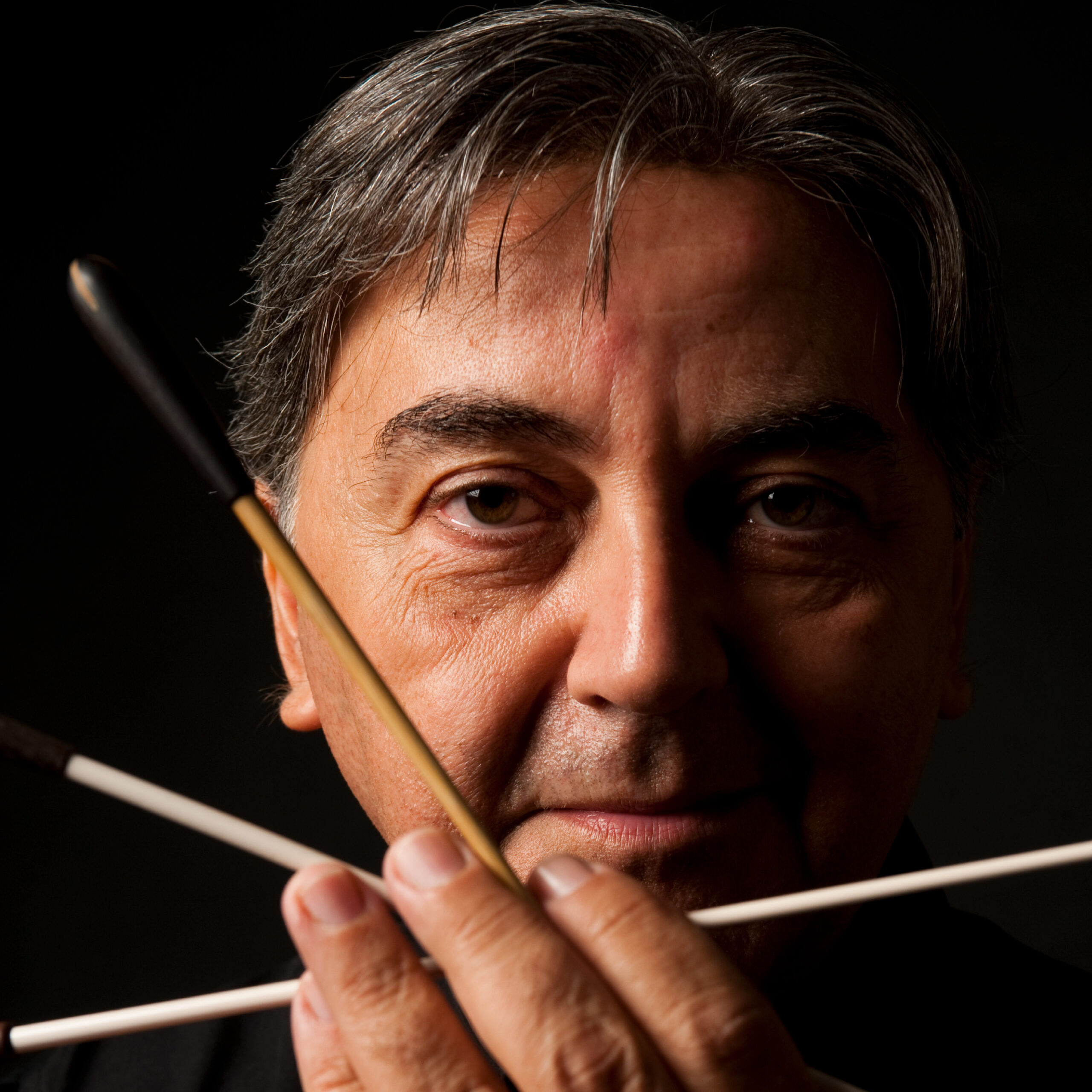
FLAVIO EMILIO SCOGNA
General Management
Giorgio Barbolini
giorgio@onlystage.co.uk
biography
Flavio Emilio Scogna trained culturally and musically in the cities of Genoa, Bologna and Rome, studying composition, conducting and obtaining a degree in Music Disciplines at the Alma Mater University of Bologna. In 1982/83 he was a student of conducting under Franco Ferrara and between 1984 and 1988 he was assistant to Luciano Berio with whom he realised (on commission from Alexander Pereira) the elaboration and transcription of Hindemith's "Wir bauen eine stadt" performed in 1988 at the Konzerthaus in Vienna.
Scogna's works have been performed in the most prestigious venues, including the Accademia Nazionale di S. Cecilia, Teatro dell'Opera in Rome, Teatro Comunale in Florence, Biennale di Venezia, Centre Pompidou in Paris, Konzerthaus in Vienna, Auditorium Nacional in Madrid, recorded by RCA, BMG Ariola and broadcast by the major European stations, including RAI, BBC, RNE, BRT and RadioFrance.
In 1998, he represented RAI at the Prix Italia with the radio opera 'L'Arpa Magica' on a text by E. Sanguineti. He has given lectures and seminars on his own music in Europe and in various universities in the United States. In October 2002, 'La memoria perduta' directed by Pier'Alli, an opera commissioned by the Teatro dell'Opera in Rome, was performed with great success.
Parallel to composition, since 1990 he has pursued an international career as a conductor, both in the traditional and operatic repertoire (with the rediscovery of important works of the past for which he has often personally realised revisions (Pergolesi, Boccherini, Rossini), as well as in the repertoire of 20th-century and contemporary music with an impressive number of first performances of major living composers, including Aldo Clementi, Sylvano Bussotti, Luis De Pablo, Giacomo Manzoni, Ennio Morricone, Adriano Guarnieri, and historical 20th-century composers such as Satie, Rota (world premiere recording of the opera "I due timidi") and Menotti (The Telephone/The Medium).
Among the international symphony orchestras he has conducted are the Orchestra Sinfonica della RAI, the Orchestra Sinfonica della Radiotelevisione Spagnola RTVE, the Orchestra dell'Accademia Nazionale di S. Cecilia, the Orchestra del Teatro dell'Opera di Roma, the Orchestre Philharmonique de Nice, the Orchestre Symphonique et Lyrique de Nancy, the Hungarian State Symphony Orchestra, Raanana Sinfonietta of Israel, the Kiev Philharmonic Orchestra, the Iceland Symphony Orchestra, Orchestra dei Pomeriggi Musicali di Milano, Orchestra Sinfonica Siciliana, Orchestra Filarmonica Toscanini, as well as prestigious ensembles such as Alternance in Paris, Accademia Bizantina and L'Ensemble Scaligero.
In 1995, he conducted the inaugural concert of the centenary celebrations of the International Music Festival of the Biennale di Venezia with Adriano Guarnieri's 'Quare tristis' on a text by Giovanni Raboni, conducting the Filarmonica Arturo Toscanini.
His discography is very rich (about more than 50 CD's) and includes recordings for BMG, RCA Red Seal, Brilliant Classics, Curci, Ricordi Mediastore, Fonit Cetra, Dynamic, Tactus and Bongiovanni. His CD with works by Schnittke (Dymanic S 2030) was awarded top marks (10) by the prestigious magazine Répertoire in 2000.
He has served as Principal Guest Conductor with several orchestras, including the Icelandic Symphony Orchestra, the Fondazione Cantelli, the Orchestra Sinfonica di Bari and in 2006 he was appointed Director of the Ensemble Contemporaneo dell'Accademia Nazionale di Santa Cecilia, a post he held for three years.
In 2013, he was unanimously awarded the prestigious De Sica Prize for Classical Music, an honour that in previous years was awarded to Abbado, Berio and Muti, among others. He is a Knight Order of Merit of the Italian Republic.
press
"My drastic advice to Scogna would be to get out, or at least to take his wares to another market. He has talent, but it needs to be tried and tested in a major arena, where talent is genuinely to main criterion, and criticism is motivated by concern for standards…I wish him the success he deserves."
Della Couling, Opera Now
"Flavio Scogna: a musician who contributes responsibly - and more than anyone else - to the diverse atmosphere of young Italian music."
Luciano Berio
"[...] difficult to find attractions elsewhere: the pleasure of narrating seems extinct. However, sometimes we find it. In Scogna, for example. Thirty years old, from Liguria, both a conductor and a composer, Scogna is one of the most performed young composers...The materials presented here testify to a working tension and a craftsmanship that in turn testifies to the nature of the debt towards that great craftsman Berio, plus there is a taste for clear polyphonies, canon, and contrapuntal games that have roots in Flemish history."
Michelangelo Zurletti
"I must say that when I learned that the subject of the opera was the death of Webern, I almost had a fit...a drama of realism and suspense such that compared to it, Cavalleria Rusticana is laughable...Under this acted and mimed plot, there flows a completely autonomous score, which allows us to identify in Scogna a very well-prepared and promising modern composer. If he conducts it himself with effectiveness and confidence."
Massimo Mila
"Perfectly known and measured by those who, in addition to compositional activities, engage in conducting, achieving notable results both for the most enigmatic classics (such as Schubert, for example) and when facing unpublished scores, not limited to their own creations. [...] This demonstrates that Scogna does not limit himself to a consolidated style but loves to traverse contemporary Italian music. With his catalog of premieres, one could construct a history of Italian music from the early 20th century to the present day! At such a level, only the extraordinary figure of Boulez comes to mind, with the necessary generational differences, of course. However, Scogna's personality, with his expertise and journey, is rising above the national scene and beyond."
Renzo Cresti
"Perfectly known and balanced by those who, alongside compositional activities, also engage in the work of conducting, achieving significant outcomes both for the most enigmatic classics (such as Schubert, for example) and when tackling unpublished scores, not limited to their own compositions."
Sandro Cappelletto


